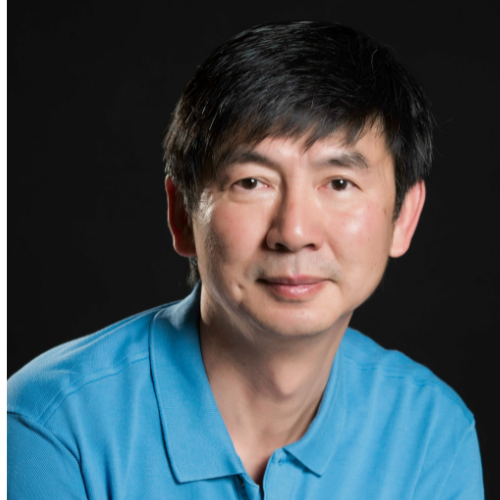Three professors at Waterloo Engineering were awarded close to $1 million in federal funding today through a program supporting small modular reactors (SMRs) research using nuclear energy and materials to protect health, safety, security and the environment.
The funding is part of $15 million in support announced for projects across the country through the Natural Sciences and Engineering Research Council of Canada (NSERC) - Canadian Nuclear Safety Commission (CNSC) Small Modular Reactors Research Grant. Four projects are set to receive a total of $1.3 million campus-wide.
“Congratulations to our researchers on receiving more than $1.3 million in funding through the Small Modular Reactors Research Grant Initiative from NSERC and the Canadian Nuclear Safety Commission,” said Dr. Charmaine Dean, vice-president Research and International. “This funding will allow researchers at Waterloo to undertake high-impact research, and, importantly, will support the training of highly qualified personnel to fill a critical gap in this area for Canada.”
The Waterloo Engineering researchers who are principal investigators for their projects are:

Dr. Hyock Ju Kwon, a mechanical and mechatronics professor at Waterloo, is a principal investigator for a project that will develop standards and code for the safe design and operation of small modular reactors.
Dr. Hyock Ju Kwon (mechanical and mechatronics engineering - $360,000 over three years) for research focusing on how structural materials degrade in the harsh environment inside nuclear reactors, which often involves high temperatures, severe irradiation and corrosive conditions, in order to develop a materials surveillance technology that can identify when and where critical failures are likely to occur in operating SMRs.
His research will provide critical information for the safe structural design of SMRs, while ensuring that key structural components maintain their functionality and integrity over the entire design life.

Mechanical and mechatronics engineering professor Dr. Fue-Sang Lien is conducting research to develop an integrative modelling toolset for nuclear safety assessment.
Dr. Fue-Sang Lien (mechanical and mechatronics engineering - $250,000 over three years) for research involving the development of an advanced integrated modelling toolset for nuclear safety assessment. This toolset combines physics-based computer modelling and the simulation of advanced SMRs with a comprehensive quantification of all uncertainties that can arise.
Creating this multiscale, multiphysics simulation toolset enables an end-to-end uncertainty quantification and principled safety analysis, prediction, and decision-making framework for SMRs.

Dr. Siby Samuel, a systems design engineering professor, is working to provide expertise and data to improve government regulatory supervision of SMRs.
Dr. Siby Samuel (systems design engineering - $360,000 over three years) is investigating how Human Factors (HF) design issues can arise due to technological innovations and operations. Operators may experience increased cognitive demands while monitoring several reactor units simultaneously from a central main control room or remote monitoring units.
His research provides a solution by using an adaptive and assistive AR interface that will intervene in real-time when high levels of workload or low levels of situational awareness are recognized.